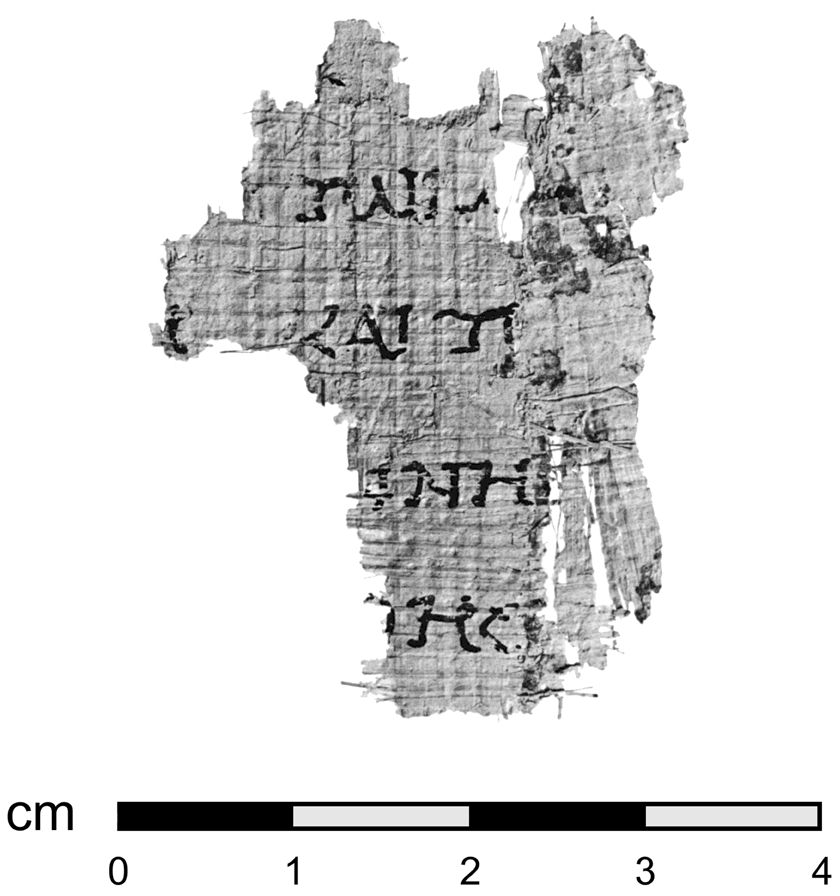The Essene's were a mysterious group of people who appear to have been active for up to two hundred years BC. Before the Dead Sea Scrolls were discovered little was known about them. Josephus mentions them and I believe some of their writings were in circulation prior to the Dead Sea discoveries.
The strange thing about them from a Christian point of view is that some of their beliefs are very similar to Christianity.
They believed that they were the heirs to the New Covenant as Prophesied by Jeremiah. That the Temple and Priesthood were corrupt. They were led by a group of twelve and practiced a form of Baptism. They also refer to someone they call The teacher of righteousness who was killed by 'a wicked Priest'.
One of their main beliefs was the division of people into two groups called The Sons of Light and the Sons of darkness.
No guessing who the Sons of LIght were. They believed in the last days and that they were in them.
I wonder how much influence if any they had on the early Church and why they are not mentioned in any of the New Testament writings. What are your thoughts?
The strange thing about them from a Christian point of view is that some of their beliefs are very similar to Christianity.
They believed that they were the heirs to the New Covenant as Prophesied by Jeremiah. That the Temple and Priesthood were corrupt. They were led by a group of twelve and practiced a form of Baptism. They also refer to someone they call The teacher of righteousness who was killed by 'a wicked Priest'.
One of their main beliefs was the division of people into two groups called The Sons of Light and the Sons of darkness.
No guessing who the Sons of LIght were. They believed in the last days and that they were in them.
I wonder how much influence if any they had on the early Church and why they are not mentioned in any of the New Testament writings. What are your thoughts?

